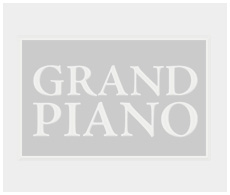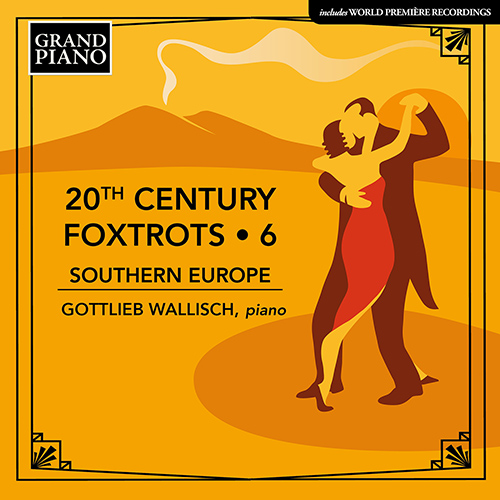
Franco Casavola (1891 - 1955)
Franco Casavola was categorised as a Futurist during the 1920s, as he aligned himself with an artistic movement that considered it necessary to take a stand against outmoded ideas. Among the most important principles set down in various manifestos were a rejection of standard academic teaching, the inclusion of visual ideas which were to be underscored not least by the use of everyday sounds in musical works, and an understanding of jazz as a basis for Futurist music. Defending his ideas in the face of Benito Mussolini’s Fascist movement, which set the cultural agenda, became something of a high wire act for the composer. This may or may not have contributed to his decision as early as 1927 to distance himself from his previous path and move towards a more moderate contemporary musical idiom. There may be a logical connection between his evolution and the fact that in later years he proved his worth primarily as the composer of music for around 70 major Italian films and documentaries. The gently swaying Tango viola from Cabaret epilettico (1925) offers a glimpse of his creative work in the 1920s, which was far from being exclusively revolutionary in nature. Its simplicity and ready accessibility make it a piece with the potential, even nowadays, to become one of those tunes people just can’t get out of their heads.


 Grand Piano has gained a reputation for producing high quality recordings of rare keyboard gems. Dedicated to the exploration of undiscovered piano repertoire, the label specialises in complete cycles of piano works by many lesser-known composers, whose output might otherwise have remained unknown and unrecorded.
Grand Piano has gained a reputation for producing high quality recordings of rare keyboard gems. Dedicated to the exploration of undiscovered piano repertoire, the label specialises in complete cycles of piano works by many lesser-known composers, whose output might otherwise have remained unknown and unrecorded.






